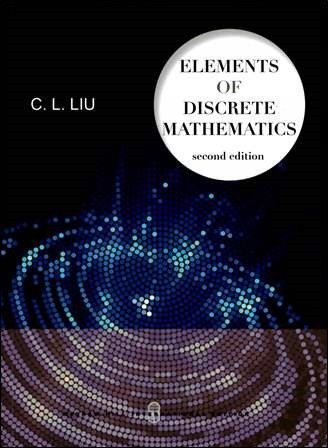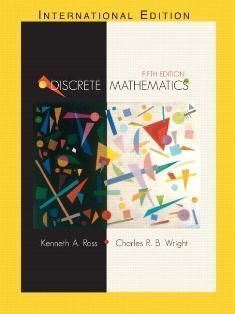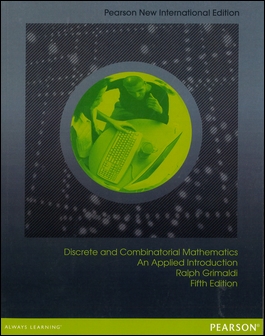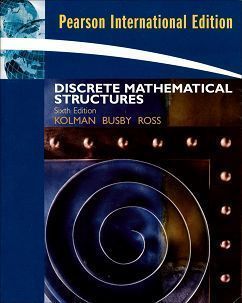書籍分類
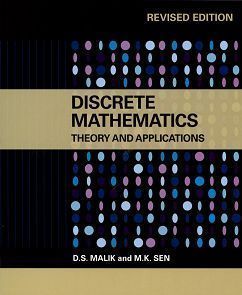
Discrete Mathematics: Theory and Applications (Revised Edition)
作者:Sen Malik
原價:NT$ 1,150
ISBN:9789814296359
版次:1
年份:2010
出版商:Cengage Learning
頁數/規格:859頁/平裝單色
版次:1
年份:2010
出版商:Cengage Learning
頁數/規格:859頁/平裝單色
內容介紹 本書特色 目錄 作者介紹
- Description
Discrete Mathematics: Theory and Applications(Revised Edition)offers a refreshing alternative for the undergraduate Discrete Mathematics course, In this revised text, Dr. Malik and Dr. Sen employ a classroom-tested, student-focused approach that is conducive to effective learning. Each chapter motivates students through the use of real-world, concrete examples. Ample exercise sets provide alternative practice, while programming exercises in each chapter allow opportunities for computer science application. This text is a true blend of theory and applications.



